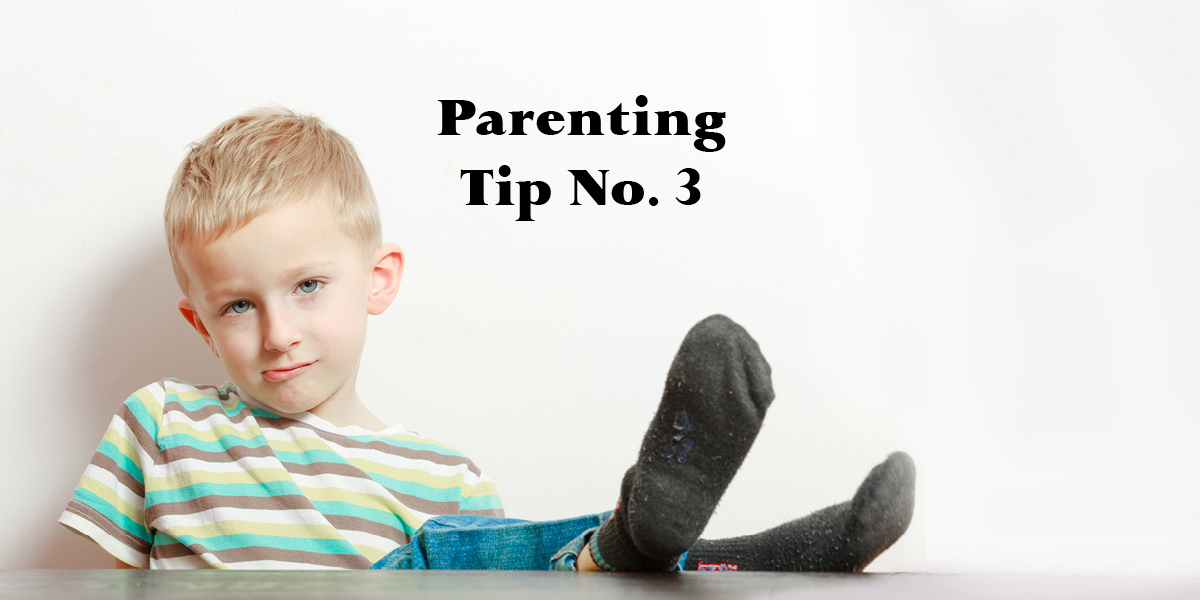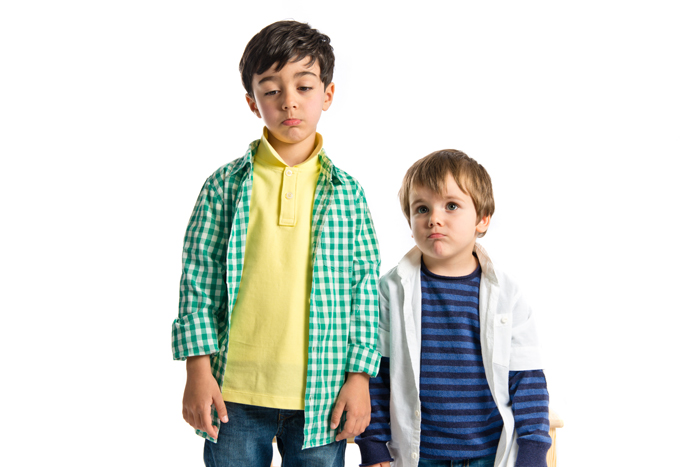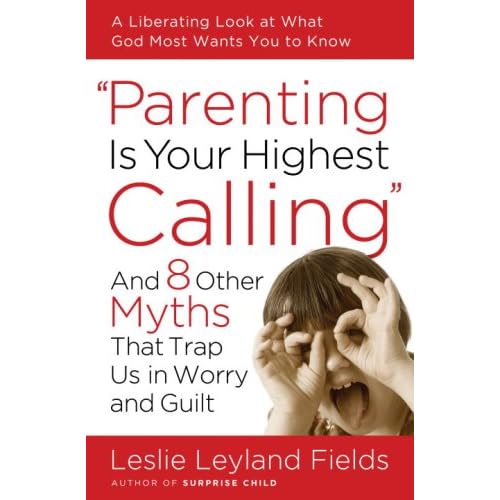Do you find yourself constantly breaking up fights, or refereeing arguments between your kids?
Having had 15 kids from all different biological families, we found quite an array of personalities that affected behavior – especially when it came to relationships. Some of our kids came from abusive and neglectful situations, so their frame of reference was skewed. Enter madness and mayhem!
Some people felt bad for my easy going kids, the ones without a traumatic background. Others felt bad for the ones that came from difficult family situations. Unfortunately no one thought to feel bad for the mom who had to coordinate all the personalities and frames of mind. Ha! (That would be me, in case you didn’t know.)
But regardless of the raw material we had to work with, it was up to me to weave peace and contentment into our family. No one wants to be a part of a poorly run family where there is constant bickering and fighting. Well, no one I know of any way. So I had to devise creative ways to keep the peace. I’ll share a few of my secrets with you now:
Identify the Spark That Starts the Fire
- If you have one child in particular that tends to start arguments or likes to fight, keep an eye on them when they enter the room. Does the room turn into stir fry when they enter?
- What does that person do or say that causes problems?
- Are they a constant complainer?
- Do they enjoy baiting others?
Remember, it takes two to fight, but you can’t assume both are at fault, nor is it fair to punish both just because it’s easier than sorting it out. We can work at teaching our kids not to take the bait, but sometimes a person just has to stand up for themselves. It is not fair to discipline both involved if one is the key to it all. It took us years to discover that one of our kids was the culprit of most family fights. Once you identify 1-4, you can begin to deal with the core issue – it only takes one spark to cause a fire. Deal with that child, help them see what they are doing and watch for teachable moments.
Is There a Recurring Theme?
- If there is a point of contention that keeps coming up among your kids that leads to fighting, step in and try to correct it. Sometimes all it takes is a person pointing out the root cause of the fight.
- Figure out if one of the combatants is stepping over the line of courtesy or decent behavior. The Bible teaches that we should put others first. Is it an issue that one or both are being selfish and not considering others in their plans or choices?
- Are they fighting just to fight? Yes, believe it or not we had kids who loved to argue and bait others.
Is the Fighting Attention Seeking Behavior?
- Sometimes all they want is a little attention. Back when my daughter (try to guess which one) was a toddler, she was bugging the fire out of her older siblings. They would be playing cards or building with legos and she would go up and pull on them or swipe at their toys. I had a hard time figuring her out because she was always easy going and a very enjoyable child. Then it hit me. She wanted their attention and saw they were always busy, so she got their attention by annoying them. SO… I told them that when she comes around to stop what they were doing and give her a quick hug. The behavior immediately stopped and we had a happy household again. There just might be a hot button that if you can find it, you can push and all will be right with the world again (for about 5 minutes until the next thing comes up!).
- Some children will crave attention so badly that they don’t care whether it is positive or negative attention – as long as they get it. One of our daughters was getting in trouble at school in the first part of the day. I knew she was a very social child, so I asked the teacher to take a few minutes at the beginning of the day to chat with her. A note came home from the teacher that same week telling me the behavior improved drastically.
- If your child has come from a traumatic background, you may never get a handle on the attention seeking behavior, but you do your best to minimize the affects and protect those who are affected by it. Look for positives and point them out as much as possible, watch for problem areas and try to nip it in the bud before it develops into a full blown fight.
When they were little…
- When our kids were little I never allowed bickering. I’m not a “let them work it out themselves” kind of parent because I never felt it fair for one child to bully another – and there was a lot of that going on simply because we fostered and adopted kids out of the foster care system and abusive/neglectful families where they had to learn to stick up for themselves and fight to stay safe. One of their foster moms taught our little boys (age 2 1/2 and 3 1/2) to fist fight because she thought one day they would go home and have to defend themselves. (SAD) So we even had to watch for physical attacks. The first day we went to visit those little boys before we adopted them I went home totally freaked out after I saw their behavior in the social services visiting room!
- If we found a couple of our kids bickering off and on, we implemented the hand holding consequence. You can’t stop fighting? Hold hands for 20 minutes! Oh how they hated it and it worked beautifully!
- I knew a parent who had an XXL sweatshirt that she would make both of her kids wear (together, one in the left sleeve and the other in the right sleeve). She then took a picture. It never hurts to get creative!
- Sometimes just removing the “bicker sister” and having them sit on their beds alone to think about what they said or did is sufficient. Get to know your kids and know what works. They are all different. Some easy. Some not. All are mold-able. Some more. Some less.
When they were older…
- I had a list of verses that dealt with all sorts of behavior at the ready – to have my kids memorize or write. This will immediately diffuse the situation if they had to quit what they were doing to go write or memorize. Assign just enough that can be done by dinner time and be sure to enforce it.
- Always require restitution if necessary. This will help with possible resentment from the offended party.
Do you have any creative parenting tips? Leave them in the comments. It never hurts to share!
For more of my tips, download my FREE ebook below.
















